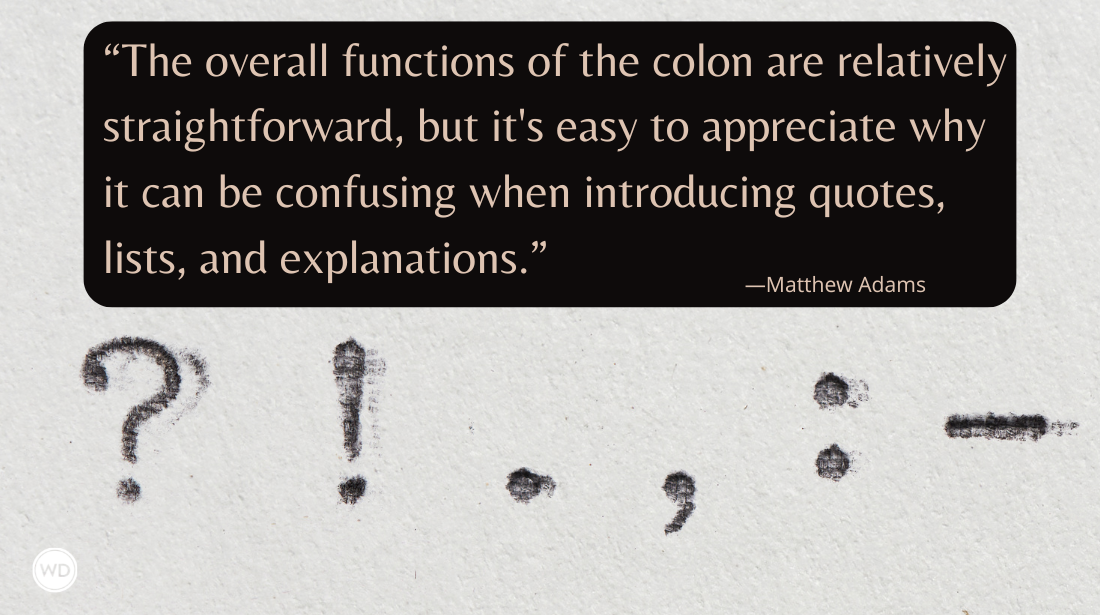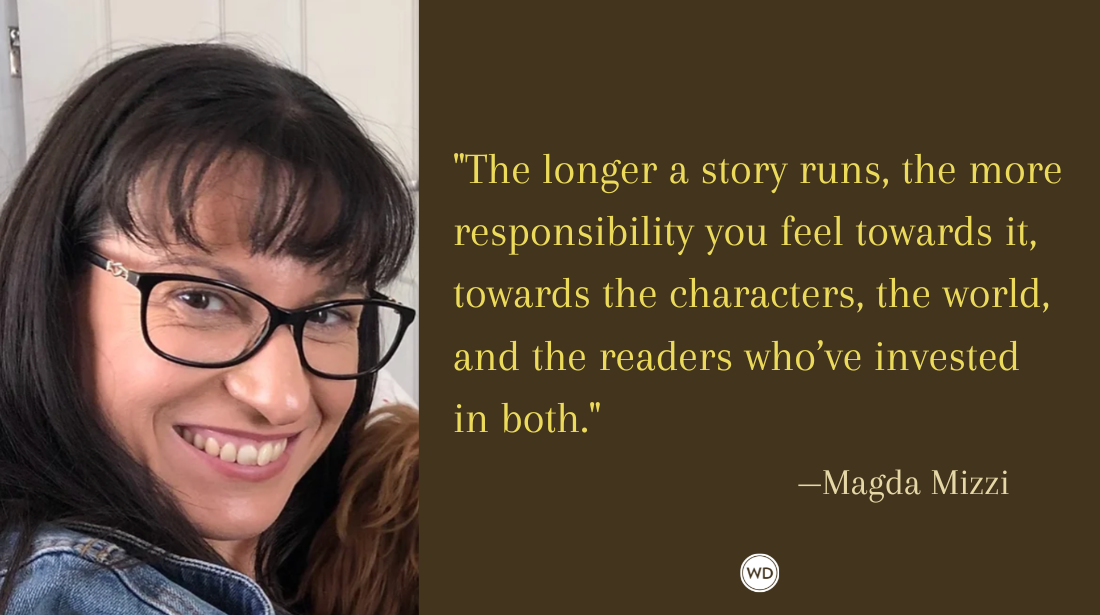10 Fun Terms From Merriam-Webster’s Newly Updated Collegiate Dictionary
Peter Sokolowski, Editor at Large at Merriam-Webster, shares 10 terms from the newly updated Twelfth Edition of the Collegiate Dictionary.
A new dictionary edition means new words. To reflect our changing culture and our changing language, more than 5,000 additions to our vocabulary have been added for the new Twelfth Edition of the Collegiate Dictionary. A print dictionary is a return to the traditional format, for the first time informed with recent online research and data analysis.
It's unquestionably nostalgic but also unquestionably new. It means that you can hold the English language in your hands.
Let's explore some of the fun new entries in the Twelfth:
adulting
We all know that nouns can become verbs in English. Sometimes we notice the shift, and sometimes we don’t: Most of us think nothing of the fact that we butter bread and we voice opposition and we iron clothes. Nouns more conventionally come from verbs–just think of walk and run. But it’s pretty rare that a noun comes from a verb that came from a noun, which is the case with adulting, derived from the verb to adult meaning “to behave like an adult.” The verb dates back to the early 1900s, while the new noun adulting surfaced in 2013, a high point of social media saturation. It’s a word that emerged while we narrated our lives while living them.
amirite
Texting and social media have made the informal language of others part of our daily lives in a way wholly unprecedented, and the language has expanded accordingly. Terms like lit, bae, fomo, mood, stan, sus, and lowkey come from a new register of informal expression. It’s not just the compressed phonetic respelling, shorter for quick keying and perhaps a bit ironic in a knowing way, that distinguishes amirite; there’s a grammatical singularity about it, too, since it’s usually used as a tag question in social media posts. Amirite?
dad joke
Compound terms need to pass a simple test before being added to the dictionary. If a compound can be understood by consulting the definitions of its constituent parts, no new definition is needed. There is no entry for cattle ranch, for example, but there is one for dude ranch. A dad joke isn’t just a joke told by a dad—it has the specific qualities of wholesomeness, obviousness, and endearing corniness.
fanfic
One of the inarguably positive things about social media has been the ability to find others who share one’s hobbies, habits, and passions. From knitting to gaming to collective fangirling and fanboying (two more newly added words), people have found a new way to share what they care about. The communities that both read and write fan fiction have given us another shortened term, fanfic, which can refer to both the genre and to a specific story, as in: “We wrote a fanfic about vampires who knit sweaters for fun.”
fluffernutter
Trademarks are a tricky thing for dictionaries. On the one hand, many trademarked terms are generically used to refer to things that correspond to the category, if not the specific brand, named by the trademark. You might be surprised to learn that escalator and dumpster and thermos began as trademarks. Still-active trademarks are only given usage indications rather than definitions, since only the trademark holder can legally say what their name refers to; this is the case for Jeep, Kleenex, and Xerox (when used as a noun). Fluffernutter, a sandwich made with peanut butter and marshmallow fluff, is among the newest and most delicious trademarks to become a dictionary entry.
free solo
The sport of rock climbing without ropes or safety equipment is specific enough to have its own name: free solo. It might have continued as an obscure and fairly specialized niche activity, but an Oscar-winning documentary film entitled Free Solo made it much more familiar to the general public.
mediopassive
As language lovers and certified word nerds, we love seeing new linguistic terminology in the dictionary. Mediopassive names the way the subjects of some sentences receive, rather than perform, the actions of their verbs. Seen in such sentences as “The window opens easily,” “The house sold in four days,” and “The car drives smoothly,” it’s a curious sentence structure that is useful and efficient. Intransitive verbs used in such sentences are said to be in the mediopassive voice.
non-rhotic
Some English speakers don’t pronounce the sound of the letter r before vowels or at the end of words–think the classic Boston accent, for example, but also many accents heard in Britain or the American South. An “r-less” accent is called non-rhotic by linguists. Rhotic derives from a Greek word that means “to use the /r/ sound excessively or incorrectly.”
petrichor (geosmin)
Petrichor is one of those words that for a long time was used mainly to cite itself. It was the answer to the question, “Did you know that there is a word for that distinctive smell after rainfall?” But petrichor has been used more and more frequently as the name for the smell, and is a welcome new addition to the dictionary. Another new word, geosmin, is the chemical compound that generates the petrichor smell.
side-eye
Side-eye (a word born in the late 18th century but only made common in this one) means “a sidelong glance that indicates scorn, suspicion, disapproval, or veiled curiosity.” It’s sometimes used with the, as in “She gave him the side-eye,” and it’s a verb, too, as in “They were side-eyeing us with envy.” This is a linguistically interesting case of a facial expression carrying a specific meaning, which isn’t the case for words like smile or frown. Those words might indicate emotions but don’t often have metonymic uses that can be substituted for the cause of the expression; giving someone the side-eye is often showing scorn, but giving someone a smile is just smiling.
Check out the Twelfth Edition of Merriam-Webster's Collegiate Dictionary here:
(WD uses affiliate links)









